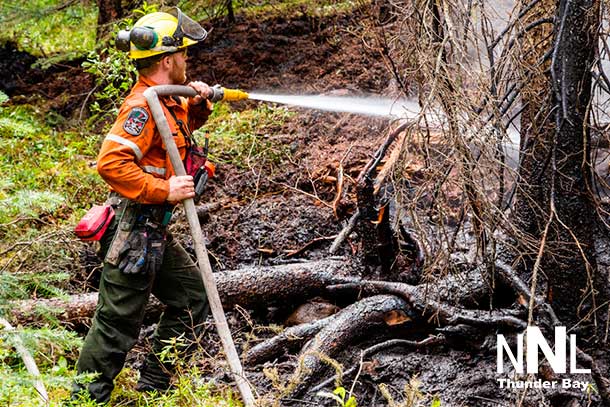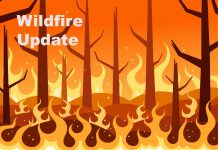In recent summers, British Columbia and Alberta have experienced increasingly severe wildfire seasons, burning more in the last eight years than in the previous six or seven decades.
This week, firefighters and emergency officials have rushed to Jasper National Park, working to evacuate up to 15,000 people. As well in Northern Alberta, oil sands sites are also threatened, necessitating the evacuation of oil workers.
The Growing Threat of Wildfires
Wildfires have become a frequent and devastating occurrence in Western Canada. Researchers have highlighted that smoke inhalation from these fires now contributes to a similar number of premature deaths as pollution.
Expert Insight: Understanding This Year’s Wildfires
To gain a better understanding of this year’s wildfire season, we consulted Lori Daniels, a forest ecology professor at the University of British Columbia.
What’s Causing the Current Situation?
“In the northeast of B.C. and in northern Alberta, we’ve been in drought conditions for multiple years,” explains Daniels. “We’ve also been under this high-pressure heat dome, and again, the heat domes are proving to be a catalyst for fires. We’re seeing that all across western North America right now.”
How Does This Year’s Wildfire Season Compare with Previous Years?
“Last year was a record-breaking fire season in Canada. We’ve not burned as many hectares as we did nationally last year. At this time last year, 10.8 million hectares had burned; so far this year, we’re at 2.1 million.”
The ongoing drought conditions and high-pressure heat domes in British Columbia and Alberta have significantly contributed to the increasing frequency and severity of wildfires.
As these regions continue to battle intense fire seasons, understanding the causes and implementing safety measures are crucial for mitigating the impact on communities and the environment.





